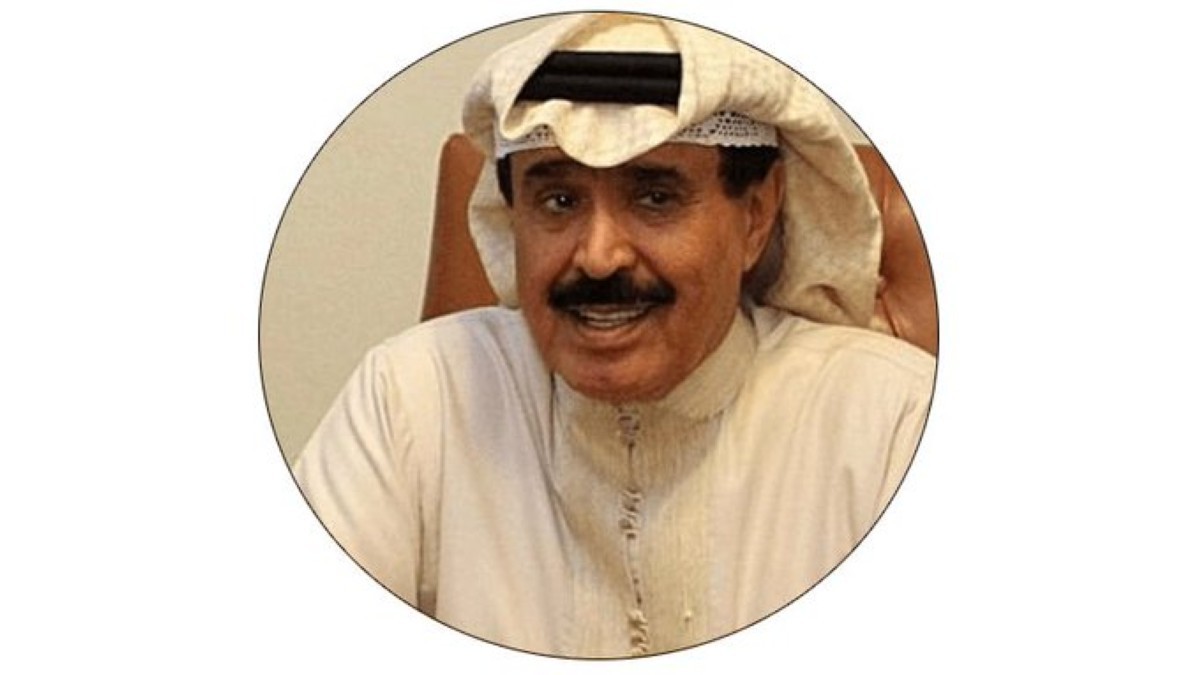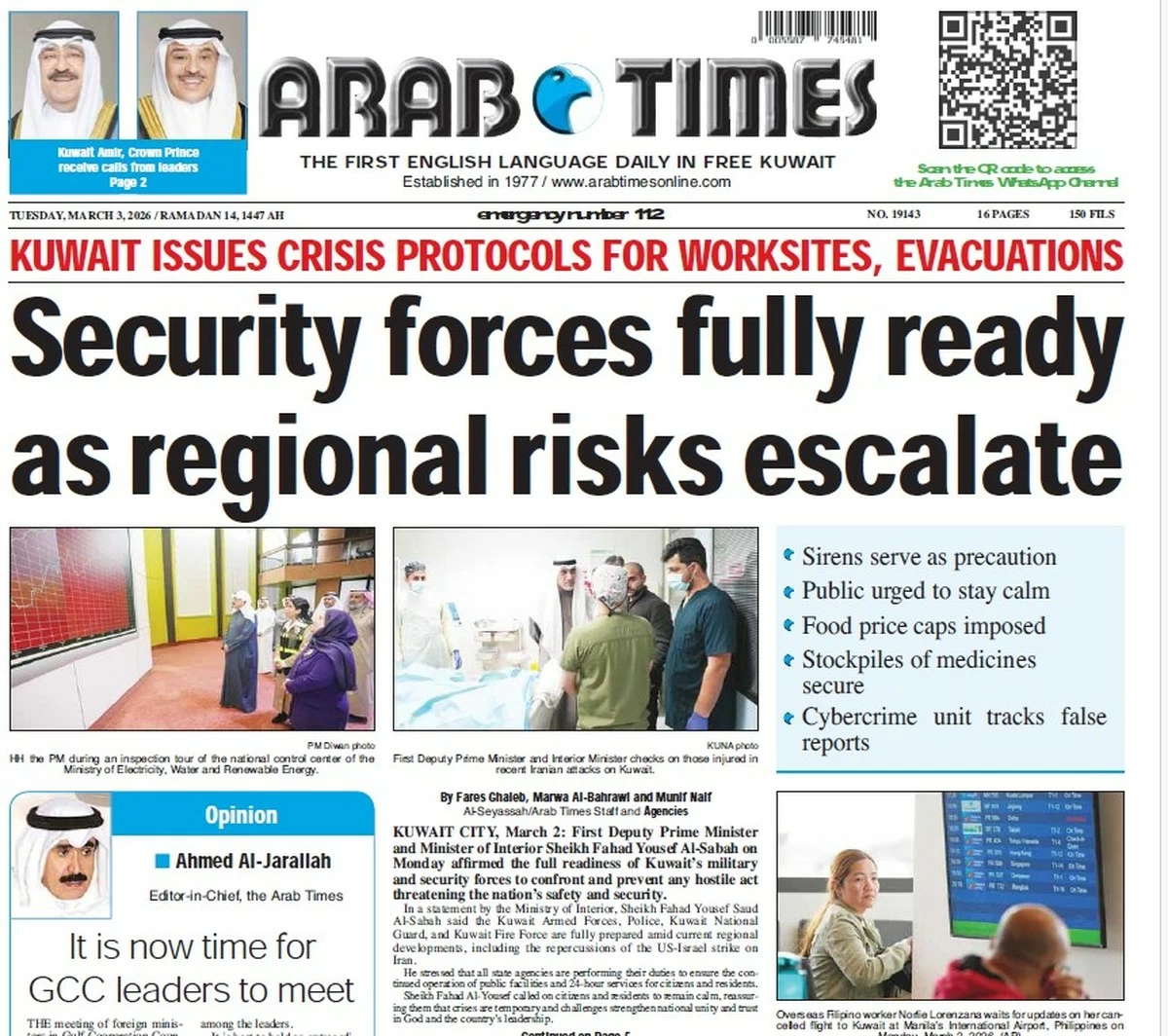22/11/2025
22/11/2025
Global inflation has reached critical levels, affecting economies worldwide. Some countries have managed to cope, thanks to prudent policies, which mitigated the impact of rising prices while boosting GDP and reducing local inflation rates. These countries are also utilizing their national wealth to strengthen local economies and expand partnerships with countries that have promising growth prospects. Based on this, the Gulf Cooperation Council (GCC) countries are increasingly seen as an ideal environment for investment, thanks to political, security, and social stability, combined with economic freedom and open opportunities for entrepreneurs from around the world.
Decisions and laws issued in the United Arab Emirates, Saudi Arabia, Oman, Bahrain, and Qatar have played a significant role in encouraging both foreign and domestic investment. Furthermore, Gulf states have attracted capital by offering incentives such as citizenship, permanent residency, and golden visas, creating a secure and welcoming environment for investors. These measures are based on lessons learned, particularly from World War II, when neutral countries opened financial and trade channels with the warring nations. This approach supported the global economy by allowing these countries to continue trading with both sides, ensuring the flow of essential goods and raw materials. Some countries have since adopted this strategy as a model for managing emerging global crises, especially following the 2008 financial crisis and the COVID-19 pandemic.
These countries have developed mechanisms to maintain long-term stability, focusing not only on the present but also on securing the future for their people and their countries. It is true that countries often deal with inflation by imposing taxes and fees. However, this alone is not enough. Continuity is the foundation of a strong economy and a cornerstone of social stability. Prudent administrations therefore focus on attracting investments through sound policies, aiming to improve investments in infrastructure, energy, agricultural production, technology, and other emerging sectors.
These measures help boost public spending on major projects and support individual consumption, particularly in countries with sufficient wealth. The Arabian Gulf states possess all these capabilities. As noted, they are utilizing their potential to the fullest, strengthening their global economic power. So where does Kuwait stand? Has it seized the current opportunity, or is it still relying on outdated policies and merely reacting to economic events? First, we must acknowledge that learning from the experiences of other countries is not a weakness. The world thrives on cultural exchange and knowledge sharing.
This is what the Gulf states did in the past when they benefited from and built upon Kuwaiti experiences. In Kuwait, we should similarly learn from the experiences of other Gulf states, especially since their economic models are similar to oil-producing countries. The difference lies in how some countries have used their wealth to build long-term strength, while others remain focused on short-term gains. His Highness the Amir of Kuwait Sheikh Meshal Al-Ahmad Al-Jaber Al-Sabah is laying the groundwork for a new era through his reception of international economic and financial figures, which reflects the political leadership’s recognition of this approach as both essential and indispensable.
This undoubtedly requires the relevant ministries, including the Ministry of Finance, the Ministry of Commerce and Industry, the Ministry of Interior, Kuwait Municipality, and other institutions, to exert their utmost efforts to translate these objectives into tangible results. Openness to others is not a luxury but a necessity. It is required to create all possible avenues to encourage local investment and attract foreign capital, rather than issuing decisions that hinder industrial, commercial, service, and agricultural activity. Such restrictive measures also discourage foreign investors. What prevents the simplification of procedures and the creation of more opportunities to make local investment more effective in Kuwait’s economic arena? What prevents granting longterm residency permits to investors, as has been done in other Gulf countries? Finally, investors coming to Kuwait often feel apprehensive and hesitant in the face of decisions that hinder investment or complicate the local political process.



